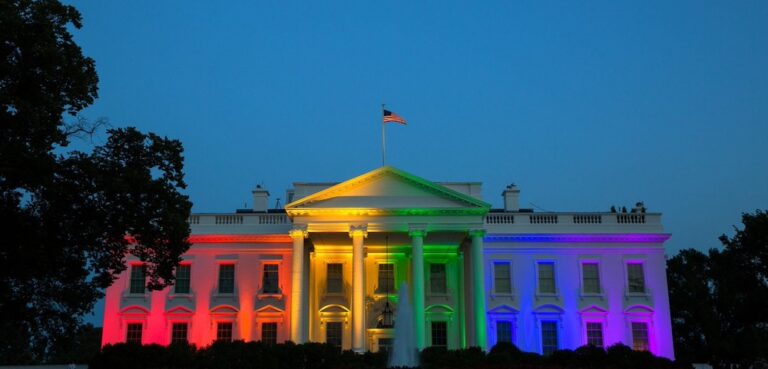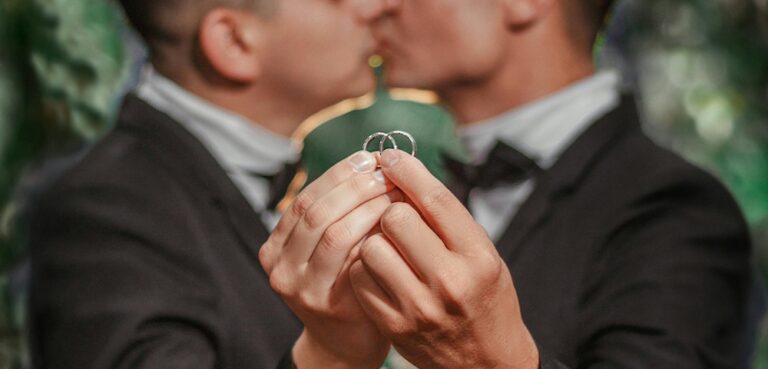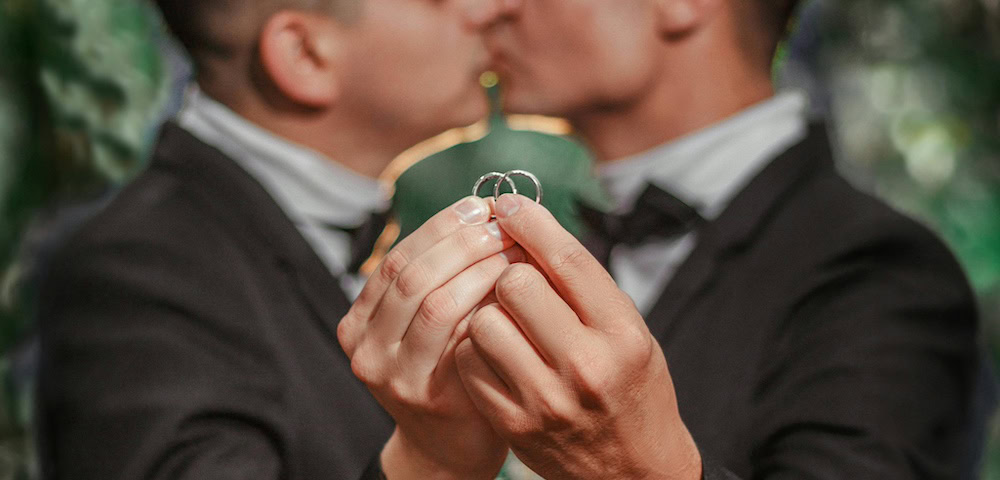

AS the creator of the Just Like You marriage equality campaign, I read with interest Sean Mulcahy’s piece on this movement in the Star Observer on January 27.
However, I was disappointed with his interpretation of this initiative, which he seems to believe is designed to drive acceptance of gay relationships by ‘making them look like straight ones’. This is not correct and to be fair, quite myopic.
The Just Like You movement is a celebration of what we all share as human beings . It is not a non-celebration or denial of the beautiful differences that makes us all unique.
Nor does it represent a disagreement with marriage equality initiatives that focus on driving acceptance of these differences.
To me the two things are not mutually exclusive and surely both avenues are worth exploring in the path towards marriage equality, in the attempt of reaching the hearts of those that oppose or are indifferent to this important topic.
Having grown up in a very conservative context back in Italy where gays and lesbians were seen as ‘out of this world’ characters, I feel that it is important to highlight that being gay is not different from being human.
We all wake up on a Monday morning and wish it was Friday. We all have bills to pay, families to love and friends whose company we enjoy. We all go to the supermarket to buy food. We all look forward to our holidays or catching up with mates over the weekend. The Just Like You movement is a celebration of all these things we all have in common.
I wanted to show that sometimes discrimination arises from an obsession over what is, in broad human terms, a minor point of difference, and blindness to any point of similarity.
I feel this is a powerful message that might resonate with those people who have not had a lot of exposure to the LGBTI world and that might find it hard to understand what it feels like being discriminated against on the grounds of your sexual orientation.
For instance, this might apply to people that do not live in major cities. It could also resonate in young gay people who are coming to terms with their own sexuality and might wonder what it means to them and their lives.
I respect the point of view expressed by Sean – and we do agree on one thing: differences, diversity and equality are all extremely important, and are worth highlighting, celebrating and fighting for. Just Like You is trying to support equality by exploring the angle of sameness and commonality.
Finally, I feel that some of Sean’s comments on the initiative, the pictures themselves and the price of the Just Like You calendar are unfortunate and unwarranted – besides weakening the credibility of his article. All sales funds go towards the national marriage equality campaign.
Sean seems to think that nobody would buy this calendar and support the Australian Marriage Equality, when in fact a lot of Australians around the country have done just that as a meaningful way to support the cause, as well as uploading their own fabulous Just Like You photos on the AME website.
I have been blown away by the success of the Just Like You campaign, which all started as a bunch of volunteers from the Sydney community coming together to create an initiative to support marriage equality, and that now has morphed into a national movement thanks to AME.
While I accept that not everybody will be touched, moved or inspired by the Just Like You message, I hope that they can nonetheless find this message worth at least exploring as part of Australia’s journey towards marriage equality.
Follow Just Like You @justlikeyouAU






No one doubts its a good campaign, but in both cases from Sean & Pierre, “I feel”, “I think”, I I I – doesn’t suggest to me there was any market research done in how this would be received which is why this wasn’t as successful as it could have been. You’re not trying to impress us – we’re sold, you’re trying to impress a majority and there would have been more compelling avenues to go down in my opinion.